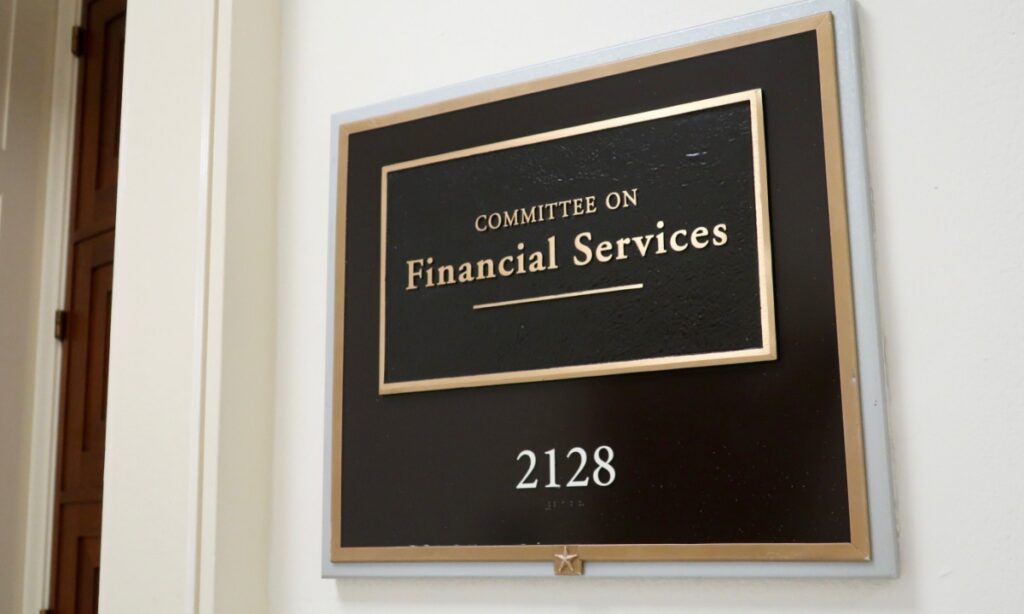The House of Representatives on Monday (July 22) passed a bill aimed at preventing financial technology from being used to fund illicit transactions.
According to a press release issued by the House Financial Services Committee on Monday, the Financial Technology Protection Act of 2023 (H.R. 2969), introduced by Rep. Zach Nunn, R-Iowa, would establish an Independent Financial Technology Working Group to Combat Terrorism and Illicit Financing under the Department of the Treasury and encourage public-private partnerships in investigating issues surrounding illicit financing in the digital asset ecosystem.
The House-passed bill now heads to the Senate, Republicans on the House Financial Services Committee said in a post on X on Monday.
The bill was introduced in the House of Representatives by Rep. Nunn and Rep. Jim Himes (D-Conn.), and a companion bill was introduced in the Senate by Sen. Kirsten Gillibrand (D-N.Y.) and Sen. Ted Budd (R-N.C.), Nunn said in an April 2023 press release.
“This bipartisan bill would establish a task force of key federal agencies, intelligence agencies, private organizations and their innovations, and private sector experts to combat terrorism and illicit finance on digital platforms,” Rep. Nunn said in remarks on the House floor before Monday’s vote and in a YouTube video. “The task force will be comprised of experts who will develop legislation and regulations to combat money laundering, address security risks, and prevent illicit financial activity on U.S. soil.”
In a report published in April 2023, the U.S. Treasury Department said vulnerabilities in decentralized finance (DeFi) are allowing criminals to transfer illicit proceeds and launder money.
According to the report, the main vulnerability exploited by bad actors is the fact that many DeFi services do not implement anti-money laundering and combating the financing of terrorism (AML/CFT) obligations.
Other vulnerabilities include the fact that some DeFi services are not subject to existing AML/CFT obligations, weak or non-existent AML/CFT controls in this area in some jurisdictions, and weak cybersecurity controls in some DeFi services.
In October, it was reported that Hamas attacks on Israel may have been partly funded with cryptocurrencies, as cryptocurrency transactions allow Hamas and other groups to circumvent the traditional banking system.
Read more about: AML , Anti-Money Laundering , CFT , Counter-Terrorist Financing , Cryptocurrency , Decentralized Finance , DeFi , Financial Technology Safeguards Act , Jim Himes , Kirsten Gillibrand , News , PYMNTS News , Ted Budd , Hot Topics , Zach Nunn
Source link

